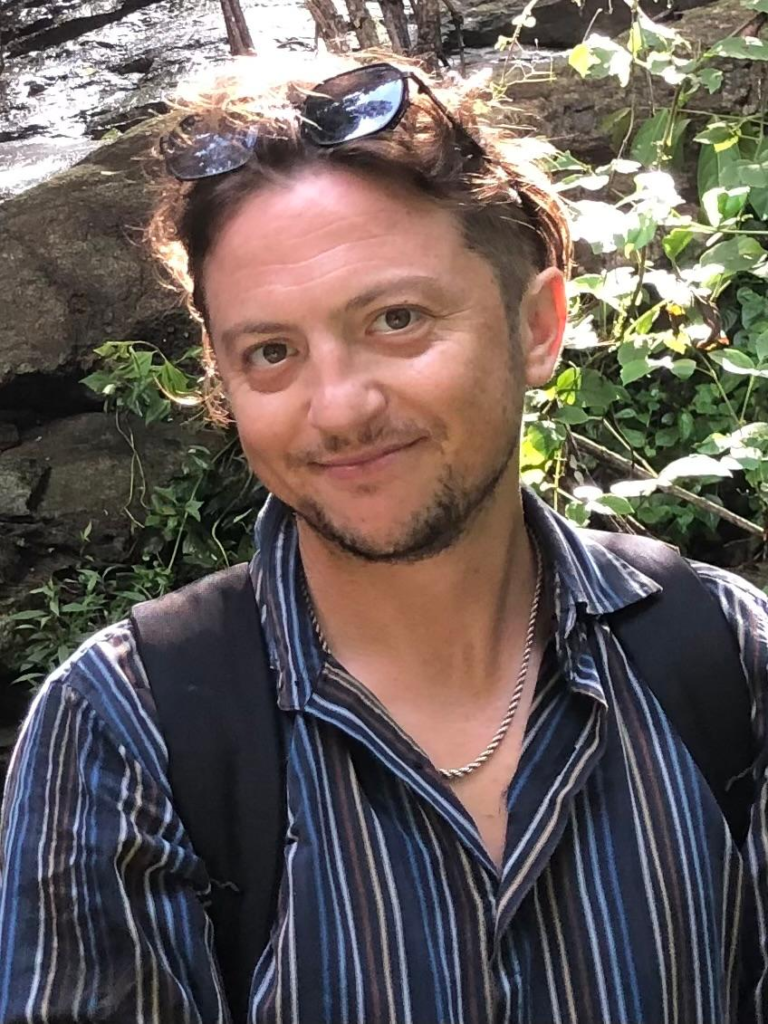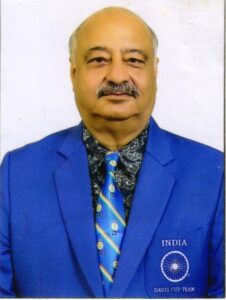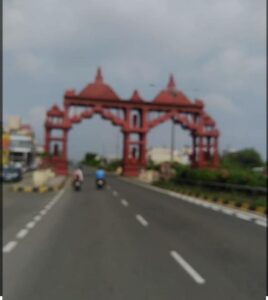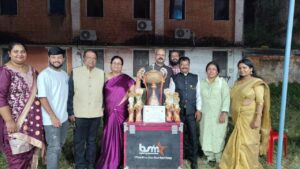Bulgaria — the glorious land of the Thracians
4 min read

Garyk Postrekhin, a Russian-American teacher-entrepreneur and avid globetrotter. I love writing stories, both fiction and nonfiction, about my explorations of world cultures. Currently based in Taiwan, I speak four languages and lead an online peer-learning community for language enthusiasts.
Summers in Bulgaria were always fun and relaxing for me, especially hanging out at a Black Sea resort near the quaint town of Kavarna. It was there that I first met Dian and received a crash course in the wild world of Thracian history. Eager to better understand this corner of the Balkans region, I welcomed conversations with locals, hoping for proper cultural education. However, Dian’s passionate tales were beyond anything I could’ve imagined.
Thracians were ancient nomads who settled in present-day Bulgaria some 6000 years ago. Despite their extensive historical footprint, these pre-historic people remain shrouded in mystery and are rarely featured in history textbooks. My evening chitchats with Dian and other talkative Bulgarians eager to shed light on their grand ancestry, pieced together a fantastic image of Bulgarians’ wise and prolific predecessors.
The scientific community relies heavily on archaeological discoveries as the primary source of evidence for understanding the pre-Hellenistic Thracians. These findings, though limited, include thousands-year-old trinkets and wares discovered throughout Bulgaria and worldwide, offering mere theories about the enigmatic Thracian civilization. The first written account of these tribes, found in Homer’s Iliad (8th c. BC), leaves an untold story about Bulgaria’s proto-Slavic forefathers who supposedly shaped all of humanity.
Dian, a tall, flamboyant professional musician sporting a cowboy hat and an unbuttoned hippy shirt, was jamming Johnny Cash-esque tunes on stage at a seaside bar that evening. After his lively performance, Dian saw me applauding and approached, boldly pulling up a chair beside me without much of an invitation. His stern expression, characteristic of most Bulgarians I’ve met, was rather intimidating. Then, without hesitation, he dove into the topic of Thracians as if the universe’s fate hung on my knowledge of these ancient people. His blunt attitude left me feeling like I’d stumbled into an interrogation. “Do you know about Thracians?” he asked, his enthusiasm practically bursting at the seams.
That evening, we kicked back with beers as I attentively listened to Dian’s passionate tales about Bulgaria’s supposed founding fathers. Speaking for hours, full of a fervor to educate, Dian wove together linguistic, ethnographic, and religious studies, along with references to anthropology and freemasonry, providing a comprehensive record of Bulgaria’s founders as custodians of ancient secrets that significantly influenced human development. As the sun dipped below the horizon of the Black Sea’s placid dark waters, I pondered his lengthy narratives with a pinch of skepticism, questioning many of his assertions.
The next day, however, my doubts began to fade when I visited the Bulgarian Archaeological Museum in Varna. As our tour guide presented the exhibits, I was shocked to find that many of Dian’s claims were backed up by the museum’s presentations. Like my eccentric musician pal, the museum’s professional historian linked the artifacts on display to the Thracians’ migration path from North Africa through Eurasia, across the Himalayas, and onto the Indian subcontinent. Later that summer, my visit to the History Museum in Nessebar City further reinforced Dian’s bizarre account.
At first, I dismissed the legends of Atlantis and the mythical “origins of the real Truth,” as Dian put it, considering it too far-fetched. A sensible person, I reasoned, should reject notions that contradict accepted philosophies — that’s why I initially deemed Dian as slightly nuts. However, over the years, I repeatedly encountered worldly and well-educated Bulgarians bringing up Thracian mythology, leading me to pay closer attention to folklore tales like the ones shared by Dian.
Although I can’t retell Dian’s narrative in full, here’s the gist: the Thracians are descendants of the sunken City of Atlantis, located off Africa’s west coast — a theory drawn from references in Masonic scripts. Nomadic by nature, the Thracians embarked on a sacred mission to spread a transcendent Truth following the end of the Ice Age around 10,000 BC. The artifacts scattered worldwide are remnants of their extensive journey spanning centuries. Dian alleged that these tribal crusaders not only contributed to the construction of the Giza Pyramids but also imparted wisdom to figures like Confucius during the Qin Dynasty and even influenced the teachings of The Buddha. He asserted that the word “Buddha” itself has a proto-Slavic root “bel,” signifying “truth” in ancient Bulgarian jargon. Though the timeline may not align perfectly, this origins story serves well as the foundation for modern Bulgarian nationhood. According to Dian’s beliefs, Bulgaria stands as the chosen homeland for the Thracians to return to and settle in after their age-long journey. Despite the speculative nature of these stories, I admire Dian’s ardor to share his unconventional wisdom with outsiders as a means of preserving his ancient Bulgarian culture. And I wholeheartedly agree that Bulgaria is a glorious land worthy of the enlightened people.






